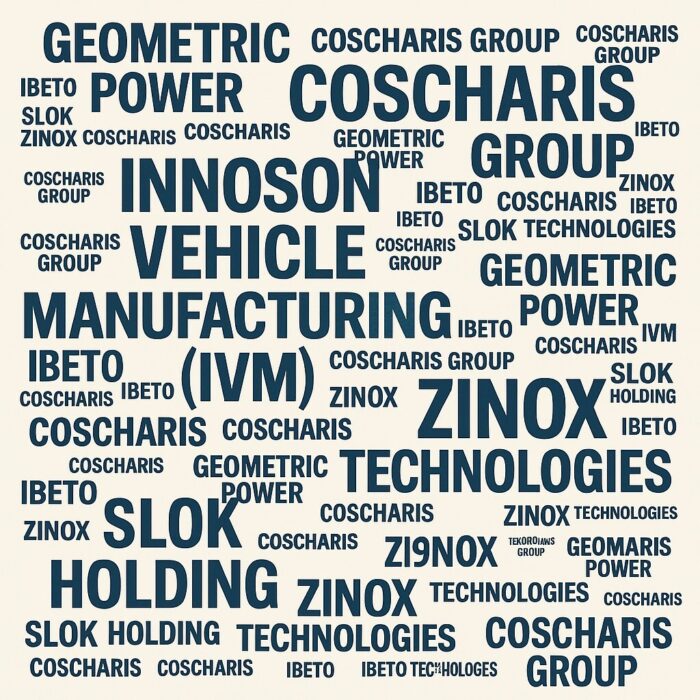By Nnaoke Ufere, PhD
By the year 2030, traditional academic degrees like MBA, JD, and various specialized MA degrees may witness a decline in their historical value and prestige. A troubling forecast suggests that graduating with these credentials might no longer guarantee the lucrative careers they once did.
A primary driver behind this transformation is the rapid advancement of Artificial Intelligence (AI). Projections indicate that as many as 85% of the roles currently occupied by individuals holding these degrees are at risk of being entirely replaced by AI technologies.
Take, for instance, the realm of business consulting, a field heavily populated by MBA graduates. Consulting giants like BCG, McKinsey, and Bain, renowned for their strategic insights and analyses, could soon find themselves in competition with AI platforms. Why would businesses opt to pay a premium for consultants who often rely on repetitive case analysis frameworks, regurgitating information and transferring insights from one client to another, when AI can offer the same insights more swiftly, with greater precision, and at a fraction of the cost?
In a recent study, I divided 50 strategy consultants, all hailing from top-tier MBA programs, into two groups and tasked them with analyzing a challenging business strategy case and providing recommendations. One group had the advantage of utilizing ChatGPT 4. The results were remarkable: the ChatGPT-assisted group completed their analysis 15 minutes faster. What’s more, when independent senior strategy consulting partners evaluated the outcomes, they unanimously found that the recommendations from the ChatGPT-assisted group were significantly superior in terms of quality and precision compared to the group without AI assistance. Interestingly, these findings align with a similar study conducted by MIT in different domains.
The core value proposition of human consultants traditionally relies on their capacity to offer novel strategic and operational insights. However, critics argue that the consulting sector hasn’t introduced groundbreaking methodologies or insights for the past half-century. If this observation holds true, it further reinforces the case for AI-driven consulting models.
Why hire expensive consultants for business or industry analysis when AI is more intelligent, cost-effective, and devoid of MBA elitism?
These implications extend beyond consulting and encompass the legal field represented by the JD degree, as well as various specializations within the MA umbrella.
For instance, accountants are particularly susceptible to the advancements in generative artificial intelligence. Research from the University of Pennsylvania and OpenAI suggests that a significant portion of accounting tasks can be expedited through this technology.
Mathematicians, HR specialists, creative writers, journalists, public relations experts, court reporters, and software developers are all on a similar trajectory.
If you work in a trade such as cooking, owning a restaurant, or have a trade skill like auto mechanics, bricklaying, or personal service occupations, your job is relatively secure for now.
Given these potential shifts, it’s imperative for students and professionals to assess the true value of these degrees and consider supplementing their conventional education with skills that are less susceptible to automation. The fusion of human creativity, critical thinking, and AI may well become the new recipe for success in a rapidly evolving professional landscape.


